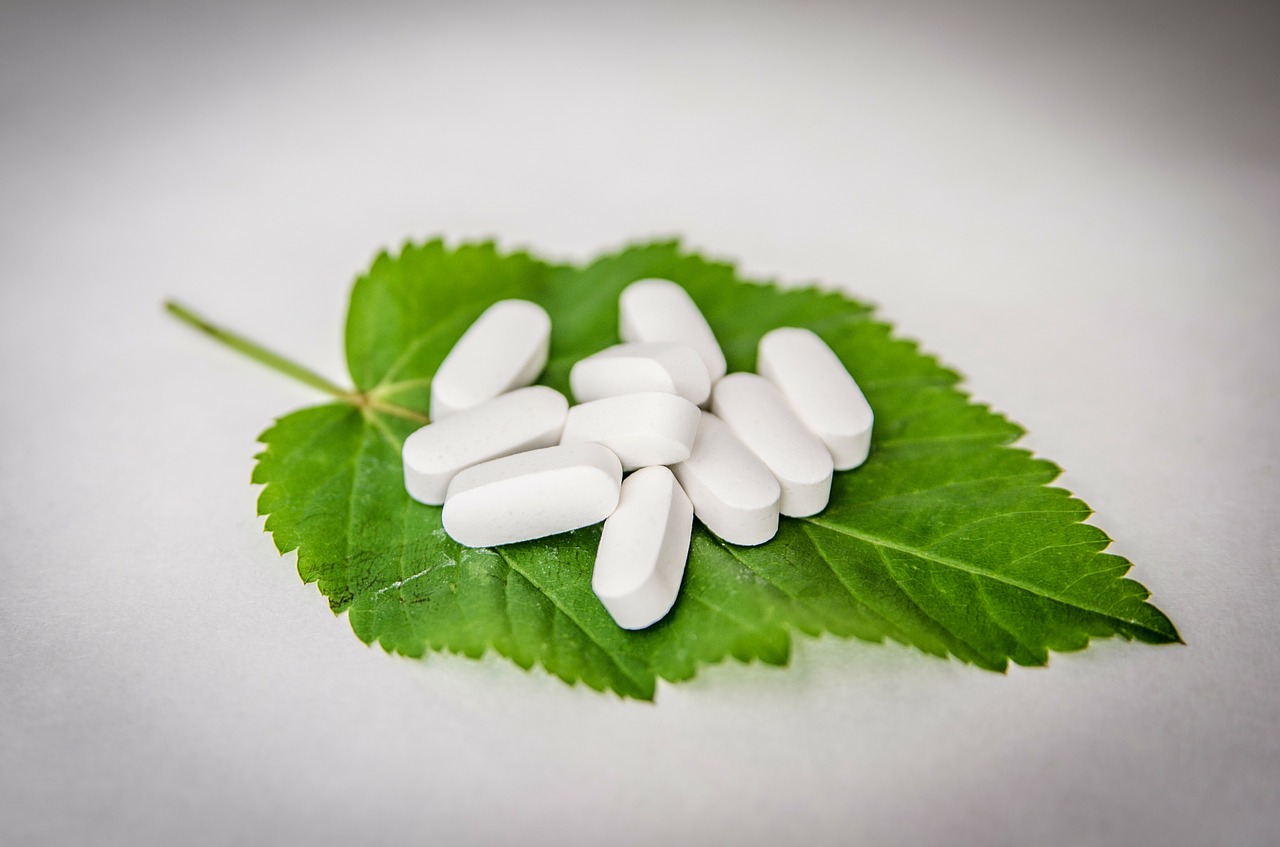Probiotics are in the spotlight as a potential supplement for pregnant and breastfeeding mothers to prevent infant eczema –also known as atopic dermatitis. Personally, this topic piqued my interest as my own daughter had a severe case of eczema as an infant.
What are probiotics?
Probiotics are “live microorganisms that….may have health benefits.” They are the same as, or similar to, the microorganisms (another name for bacteria) that naturally inhabit our bodies. Probiotics are available in oral dietary supplements, certain yogurts, and fermented foods.
What are their benefits during pregnancy and/or breastfeeding?
Studies report that probiotics may decrease the risk of infant eczema – red, swollen, and itchy skin – when taken by allergic pregnant or breastfeeding women.
- The World Allergy Organization (WAO) announced that, “there is a likely benefit from using probiotics – in pregnant and breastfeeding mothers —resulting primarily from the prevention of eczema” in their babies.
- The World Gastroenterology Organization’s 2015 guidelines state that, “there is strong evidence for the use of probiotics for the prevention of eczema when certain probiotics are administered to pregnant mothers and newborns up to 6 months of age.”
Although there is positive news related to probiotics to prevent infant eczema, evidence to support probiotics in pregnant and breastfeeding mothers to reduce the risk of developing other allergic conditions, such as food allergies, in children remains inconclusive.
Are probiotics safe during pregnancy?
The WAO and clinical studies report that probiotics are safe and effective in reducing the risk of eczema in infants with pregnant and breastfeeding mothers. However, long-term safety data regarding the use of probiotics for pregnant and nursing women and their infants is still pending.
Which probiotic(s)?
It is unclear if certain probiotic strains are better than others in preventing eczema in children. The most widely studied strain to prevent infant eczema is the probiotic Lactobacillus rhamnosus GG. Other probiotics – usually given in combination with each other — used in studies of pregnant and lactating women to prevent infant eczema include the following:
- Bifidobacterium bifidum
- Bifidobacterium longum
- Lactobacillus acidophilus
- Lactobacillus paracasei
How long should a mother consider taking probiotics?
The length of time that a mother should take probiotics while pregnant or breastfeeding remains uncertain. A recent study of mothers with allergy-related conditions who received probiotics 2 months prior to delivery and during the first 2 months of breastfeeding reduced the risk of their infant developing eczema during the first 24 months of the baby’s life —compared to the mothers in the study who did not take probiotics. Of note, probiotics are reportedly most effective in reducing the risk of infant eczema if the mother starts the supplements while pregnant.
Summary
For mothers with allergic conditions, maternal supplementation with certain strains of probiotics during pregnancy and while breastfeeding may reduce the risk of infant eczema. If I had known about the positive benefits and study results from probiotics for infant eczema, I would have taken them when pregnant and breastfeeding my daughter. Always consult your health care provider prior to starting a new probiotic supplement or medication, especially if you are planning a pregnancy, pregnant, or nursing a child.

